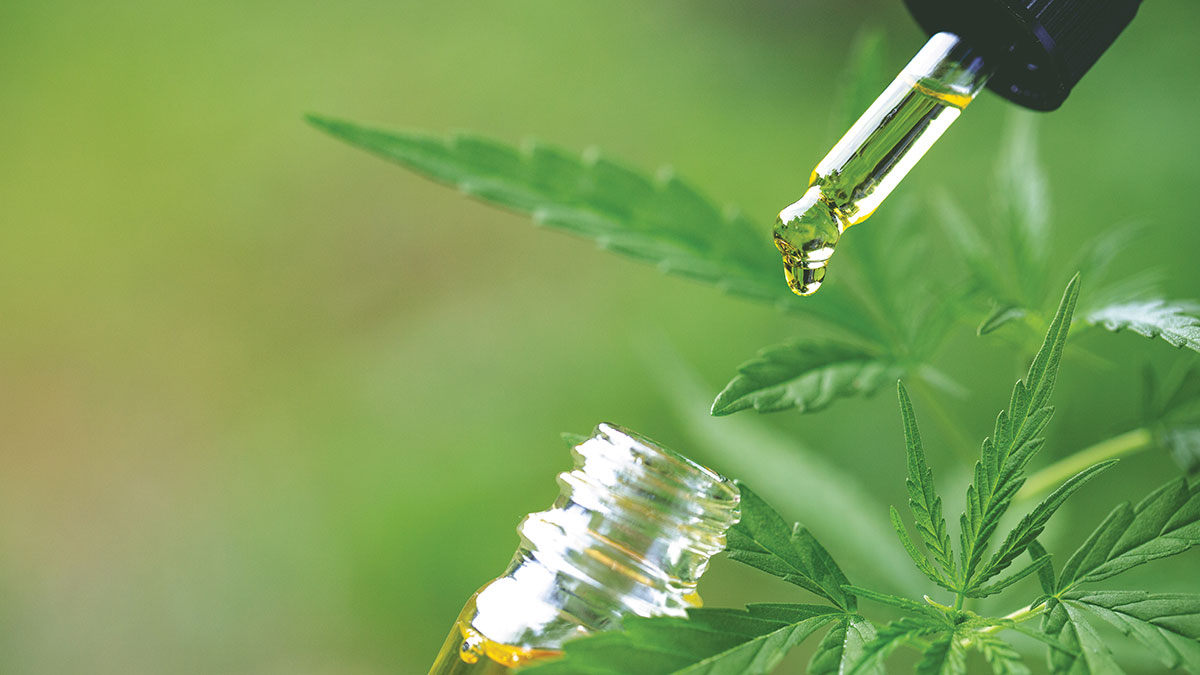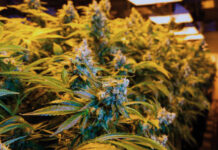The government’s continued inaction to regulate CBD oils only benefits the sleaziest operators
In January, after years of anticipation and as the CBD and hemp markets have been wracked by ever-deepening confusion, the Food and Drug Administration announced that, rather than deal with the issue as it had promised, it would instead kick it over to Congress. Everyone knows which Congress: the one led at the moment by Kevin McCarthy.
The announcement took the air out of everyone in the CBD market other than the sleaziest operators, some of whom sell little bottles of stuff that smells like weed, but might not have much, if any, actual CBD in it. Continued inaction benefits them greatly. And that’s just one of the problems. The hope was that the FDA would bring some order by setting standards for CBD vendors and protecting consumers from skeevy marketing practices and outright fraud.
Now, a couple of House members—a Democrat and a Republican—have re-introduced two bills that would create a framework for regulation of CBD and other hemp derivatives as dietary supplements. Reps. Angie Craig (MN) and Morgan Griffith (VA) filed the Hemp and Hemp-Derived CBD Consumer Protection and Market Stabilization Act along with the CBD Product Safety and Standardization Act, both of which were filed in the last session but failed to make it out of committee.
They might have a better shot now that the FDA has punted. Congress is left as the only hope to get some sane regulation passed at the federal level.
CBD, or cannabidiol, is an element of the cannabis plant that doesn’t get one high, but which has been shown to be effective for several different ailments, from seizures to pain to insomnia, and might be effective when used to relieve a whole range of other maladies (much research is yet to be done).
But consumers have been left bewildered by the lack of product standards. Those who live in states where pot is legal have an easier time of it because they can get their products from a regulated dispensary and generally be assured that at least they’re getting what product labels say they’re getting.
When made from hemp, CBD is legal across the country. But consumers who don’t have access to a regulated dispensary are forced to buy it online or from the counters at gas stations and various retail shops. They can also get it from drugstores, and might have some better luck there, though without product standards, they’re still operating mostly in the dark.
Hemp was legalized in the 2018 Farm Bill, and legitimate vendors have been begging ever since for regulations that would protect their industry from bad actors and arm consumers with the knowledge they need to make wise purchasing decisions. Regulation would allow the use of CBD as a dietary supplement and as a food ingredient, likely under a strict set of rules on matters such as labeling and allowable amounts of CBD in a given product.
But the FDA “has dragged its feet in properly regulating CBD and hemp-derived products on the market, creating confusion about its legal uses,” Griffith said in a statement last week. “Americans need better guidance, and that is why I have introduced these two pieces of legislation, which will create a pathway for regulation in both the food and dietary supplement spaces.”
“Our local governments and small businesses need more guidance when it comes to CBD and hemp-derived products,” Craig said. “That’s why I’ve partnered with Rep. Griffith on these bipartisan bills to better regulate CBD products, keep consumers safe and ensure our hemp farmers and businesses have the support they need.”
“The FDA’s inaction over the past four years has had a devastating impact on U.S. hemp growers, and has left thousands of unregulated products on the marketplace, raising health and safety concerns for consumers,” said U.S. Hemp Roundtable general counsel Jonathan Miller. Indeed, there have been reports of (purported) CBD oil being sold next to cash registers in various shops bearing handwritten labels that just say “CBD oil.”
If the legislation passes, it will likely take at least a couple of years for regulations to be formulated and for an orderly market to finally emerge. Until then, the chaos will continue. In the meantime, the best bet for California consumers is to just buy their CBD at a cannabis dispensary.








